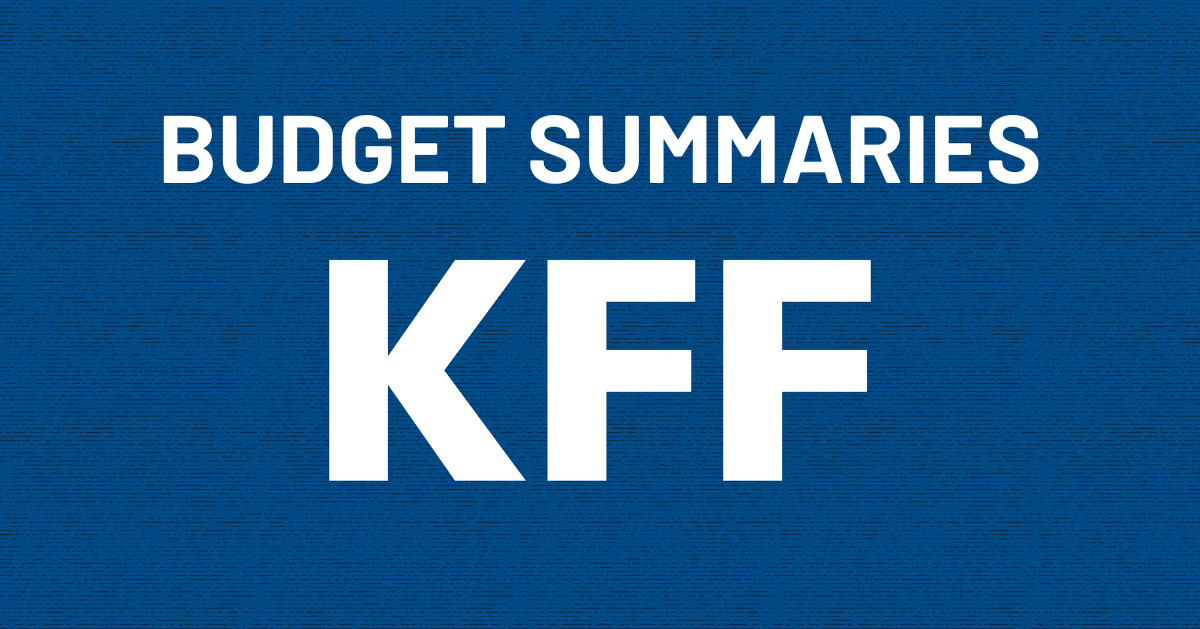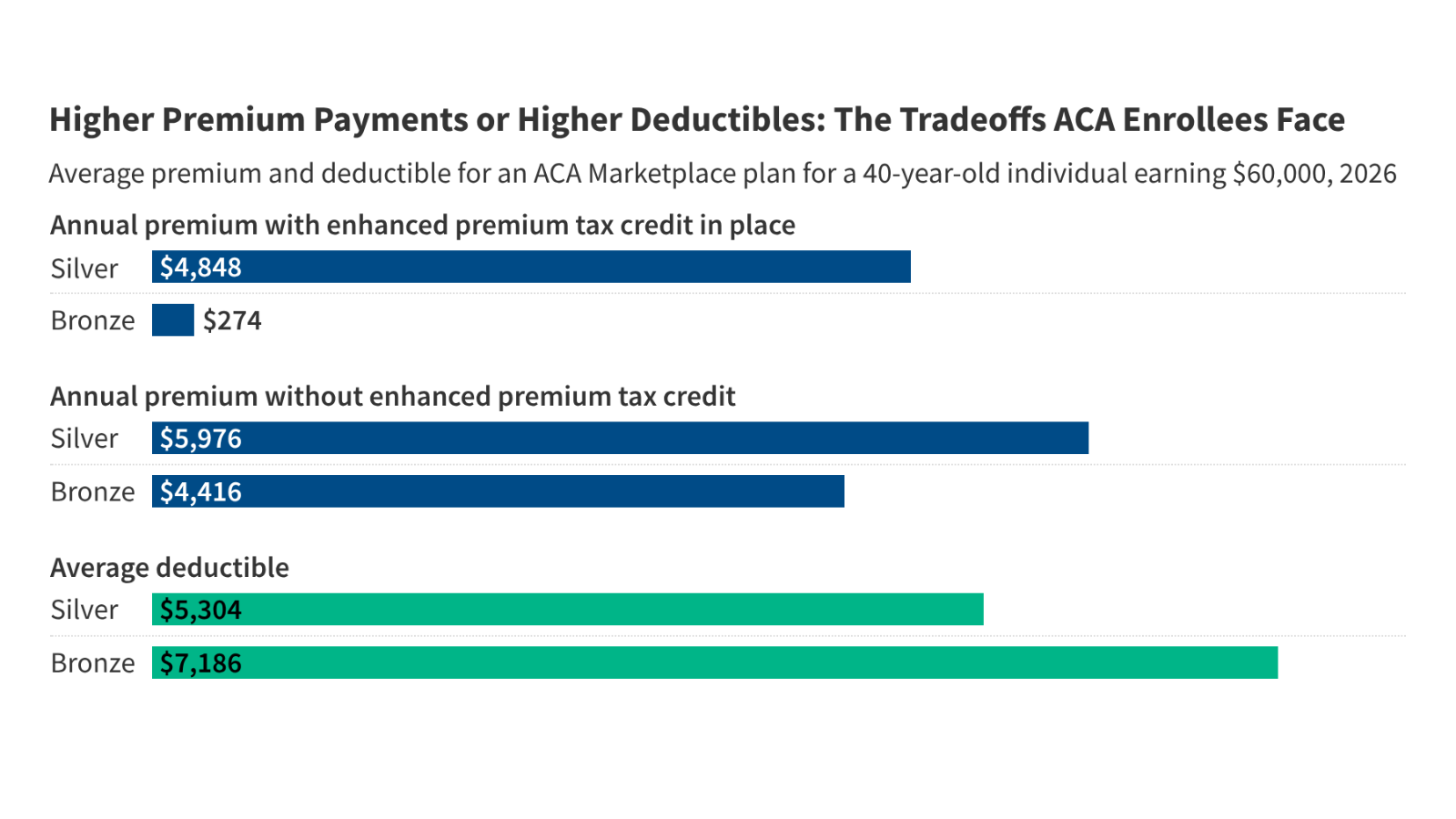If there ever was a million dollar question, it just might be: “how much is enough?” (Although, maybe in your case it would be a $50,000, $200,000, $500,000, $5 million or $10 million question.) At whatever value, the reality is that we all want to know how much savings or income we need and the answer depends entirely on you: your values, goals, and priorities.
Knowing How Much is Actually Enough is a Real Problem for Many
Some of the most popular articles on the NewRetirement web site have dealt with the problem of knowing how much is enough. People grapple with the Terror of Spending Their Nest Egg and a surprising number really struggle with over saving. (Saving too much is more common than you think, find out why. And, if you think you are over saving, get advice from real people like you).
Figuring out how much you need as well as feeling confident that your savings will last is a key driver to usage of the NewRetirement Planner where you can get reliable and personalized answers to these questions.
10 Ways to Determine How Much is Enough
1. Get to Too Much, Then Back Up
“The only way to know how much is enough, is to do too much, and then back up.”
Jerry Jeff Walker
Country singers always have the best answers to life’s most pressing questions. Jerry Jeff Walker, best known for the hit Mr. Bojangles, may be onto a good formula for knowing how much is enough: get to too much and back up perhaps by splurging and spending more.
The problem with this strategy is that you are using up your most valuable resource (your time) while earning too much.
2. Run Your Own Race (Not the Jones’)
If you are constantly trying to keep up with the Jones’, then you may never feel like you have enough. A key driver of happiness is knowing what is important to you and staying focused on your own priorities.
If you want to know if you have enough, you will do well to focus on what is important to you and determine how much you need to fulfill the life you want.
Understanding the average retirement income might be an interesting benchmark, but it should not be used to determine how much is enough for you.
3. Trust the Happiness Researchers (You Need Around $100,000 in Annual Income)
In 2010, Nobel Prize winning psychologist, Daniel Kahneman concluded that money only effects emotional well being up to around $75,000 a year (inflation-adjusted to $108,000 for 2024).
Kahneman and is co-researcher at Princeton University showed that earning up to this income threshold (give or take depending on location), has a sizable impact on both day-to-day happiness and overall life satisfaction.
If you are earning below $108,000, then making more money is apt to make you happier. But, increasing income beyond the inflation-adjusted $108,000, is unlikely to add much more happiness, enjoyment, or satisfaction to your life.
4. Enough Might Be Less than You Already Earn (33% Less)
A survey by T. Rowe Price of new retirees who have 401(k) account balances or rollover IRAs found that you can live comfortably on a lot less than what you were earning before retirement.
The report suggests that nearly three years into retirement, the majority of retirees are living on just 66% of their pre-retirement income (on average). And, they are happy about it.
5. Gain Financial Independence
Financial Independence Retire Early (FIRE) is a movement of people who are focused on controlling money instead of being driven by it. The goal of FIRE adherents is to get to an amount of savings to live off where they can make decisions based entirely on enjoyment of life and without pressure to earn more. They want independence from having to earn money though many have successful side gigs.
FIRE boosters generally say that 25 times your desired annual expenses is enough. So if $50,000 a year is enough for you to live comfortably, you need to save $1.25 million. (If $100,000 is the goal, then you need $2.5 million in savings.)
6. Try a Thought Experiment
There is a thought experiment attributed to Brad Stollery that floats around the Internet. It is a short parable designed to help you think about what is really important to you and how much is enough to live how you really want.
Here it is:
Suppose you’re one of five people who have been selected by a mysterious philanthropist to participate in a contest. The 5 of you all have comparable debt-levels and costs-of-living, as well as similar, middle-class financial situations. You’re all roughly the same age, equally healthy, have the same number of children, and you all live moderately low-risk lifestyles. Privately, and one by one, a representative of the donor approaches each of you with a blank check and a pen, and poses the following question:
How much money would you have to be paid, right here and now, to retire today and never receive another dollar of income (from any source) for the rest of your life? [And, for reasons of simplicity, let’s just say that inflation is not a factor. The number is in today’s dollars. And, there are few, if any risks, that would eat into the sum of money.]
The catch this time is that whoever among the five players writes the lowest amount on the check will be paid that sum. The other four players will get nothing.
How much would you write down? (You can use the financial independence formula seen above to help estimate your number.)
7. Know How Much You Can Enjoy
“It’s not how much we have, but how much we enjoy, that makes happiness.”
Charles Spurgeon
Charles Spurgeon was a 19th century preacher. With this quote, he makes the very sane assertion that enough is as much as you can enjoy. Spending can become a hedonistic treadmill, a kind of burden if you allow it to run your life. It is possible to lose focus on really enjoying what money can buy when earning and spending too much.
Too often people seek more without appreciating what they have. One of the secrets to happiness is to be satisfied and grateful for what we have.
8. Focus on Income, Not Savings
When figuring out how much you need, many people focus on savings. However, the real trick is in figuring out how much income you need and how to turn your savings into the paycheck you desire for as long as you live.
The NewRetirement Planner can help you with these calculations. See your estimated annual income, including withdrawals from savings, Social Security and more. And, discover strategies for boosting your paycheck.
It is also a good idea to review your cash flow to ensure that your income is equal to or greater than your spending.
9. Calculate What You Will Actually Need
You can’t know if you have enough savings until you calculate what you will actually need.
Forecasting your future budget is the right step toward determining your target savings and knowing how much is enough. The NewRetirement Planner can walk you step by step to a future budget. You can document spending totals for different phases of your life. Or, you can really imagine your future by recording projected necessary, as well as discretionary, spending in over 75 different categories.
The tool also helps you with a personalized estimate for medical costs, will help you calculate debt pay off, and more.
10. Calculate What You Will Actually Need (And Cover Your Potential Risks/Worst Case Scenarios)
However, once you know how much you need and want to spend, you only know the bare minimum for how much is enough. You also need to plan for the unknowns: inflation, stock market corrections, climate disasters, a major health crisis, a long life, and more.
The NewRetirement Planner can help you think through these worst case possibilities and identify financial strategies to cover you no matter what happens.
And, then you will truly know how much is enough – for you.
Publisher: Source link










